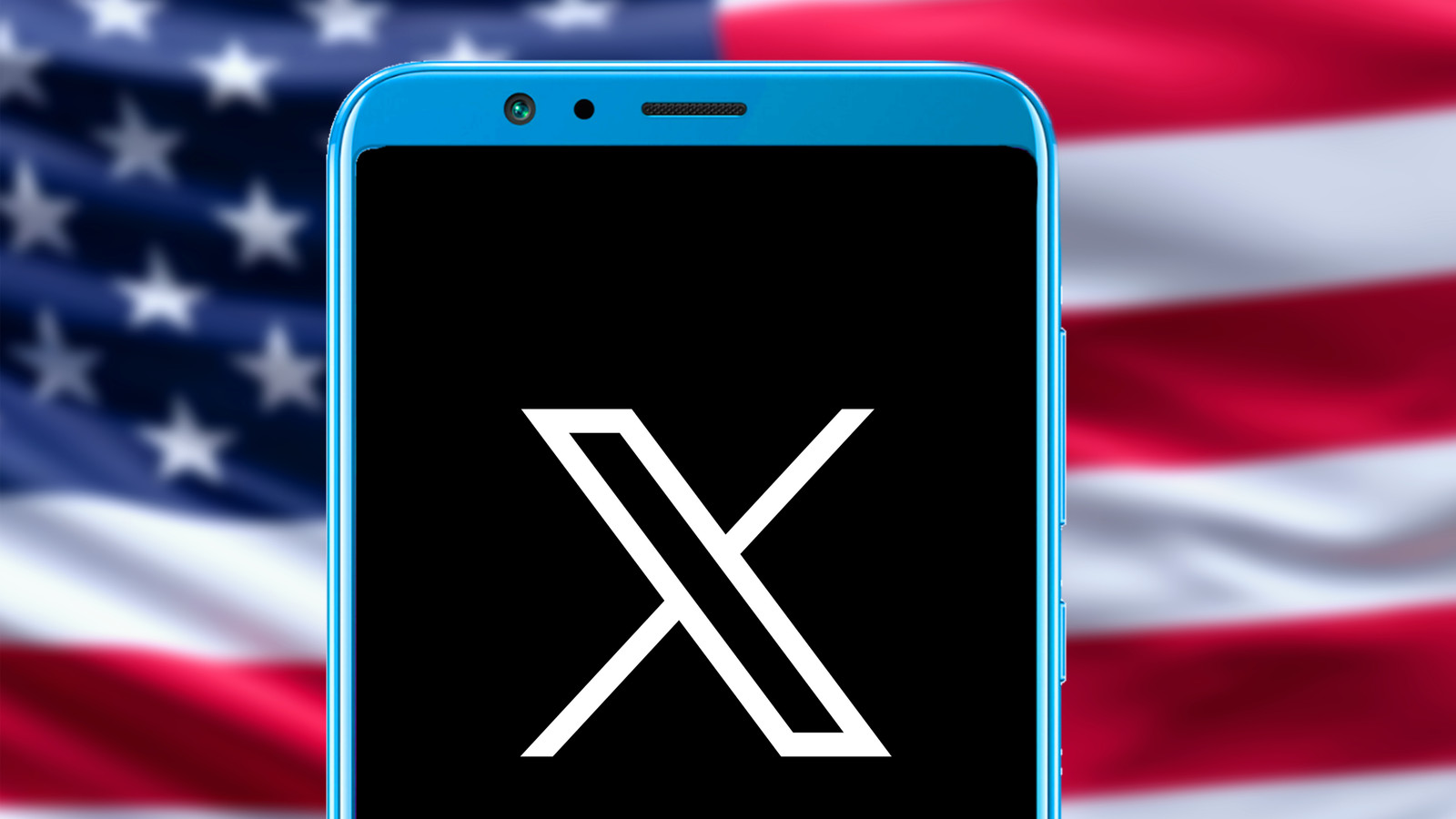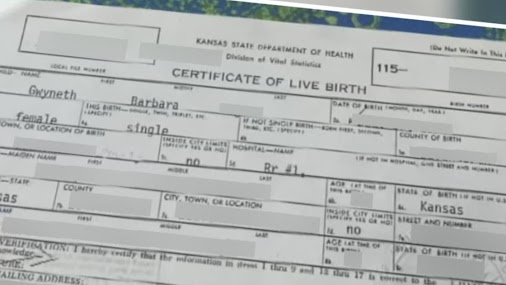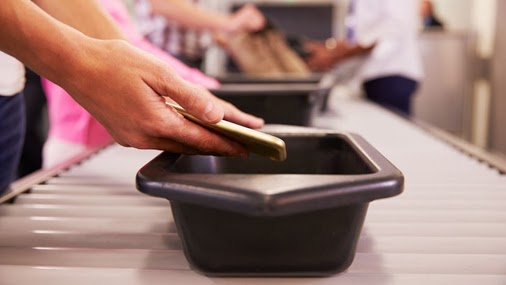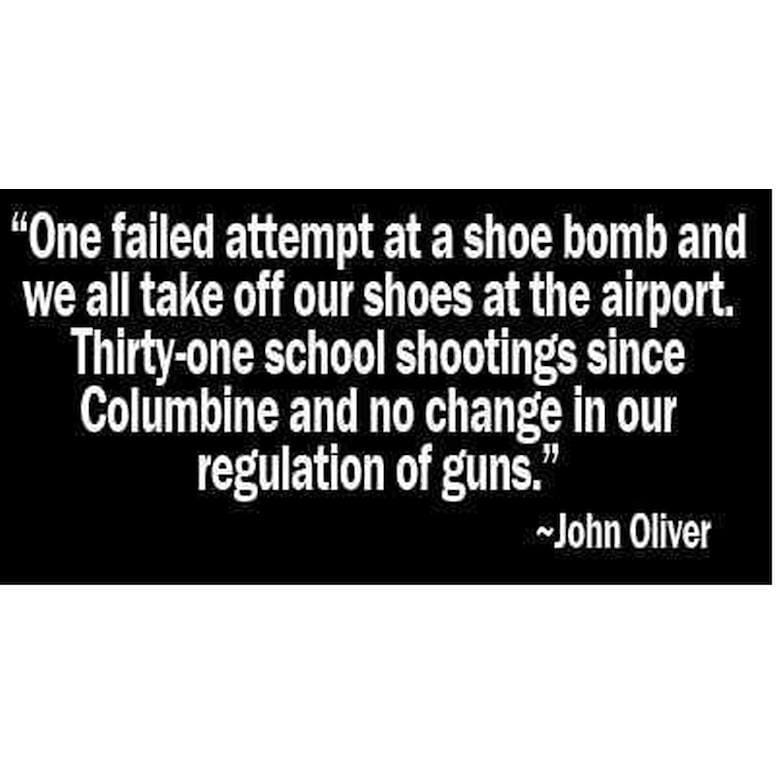Want to know what sort of travel advisories a country had in the past?
What about records of meetings between State Department officials and foreign governments and organizations?
Or descriptions of diplomatic efforts and international aid programs the US led or was part of in years gone by?
Sorry. You’re Shit Outta Luck.

The State Dept. has been directed to archive and delete all its social media content from prior to the Trump Regime taking power in January 2025. It will still be technically available to the public — but only with a FOIA (Freedom of Information Act) request.
I mean, we can’t have people knowing that the US once donated COVID vaccines to other countries now that the Trump Regime has dictated that’s a waste of money (and evil mainstream science to boot!). We can’t see records of the US offering condolences to other nations for losses in natural disasters or deaths of prominent individuals, not with the Regime redefining who’s a Good Guy and who’s a Bad Guy and that We Have Always Been At War With Eastasia. And certainly notes about cultural programming and exchanges between the US and other nations should be hidden from view, now that the Trump Regime has made it clear that only Pro-American Cultural Stuff (with lots of gilt!) is worth our paying attention to.
And certainly anything that smacks of “history of the past” must be torn down, hidden, and, maybe, someday, re-evaluated according to the Regime’s current standards, so as to avoid “a false reconstruction of American history.”
And surely we don’t need to worry about any of this, because the Regime assures us it is the most transparent and trustworthy government ever, and, if they have their way, no evidence will be available to disprove it.




